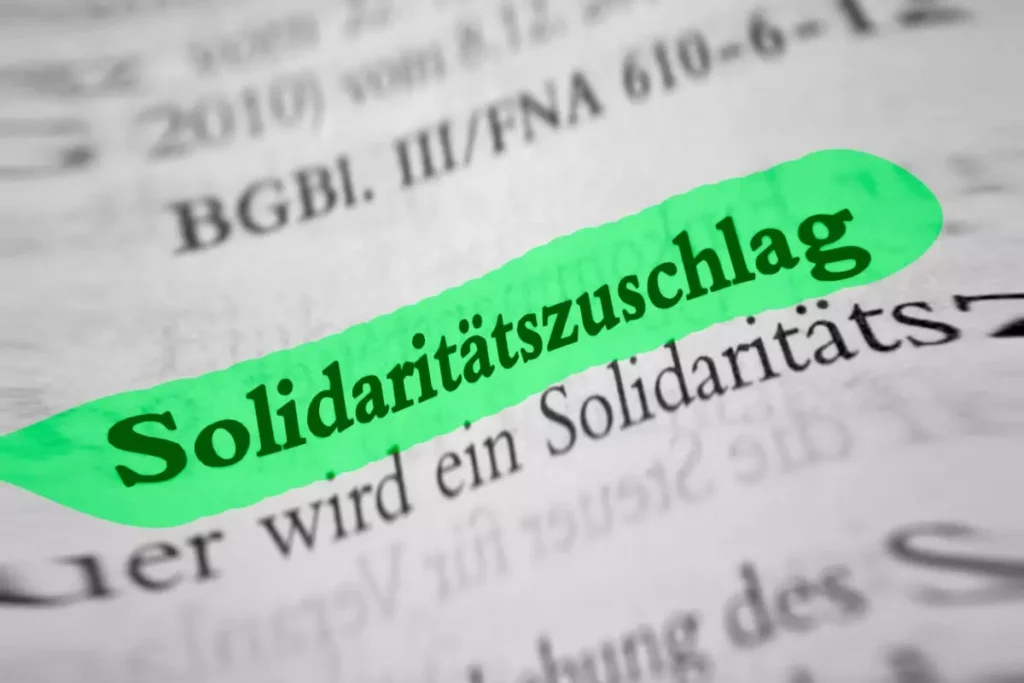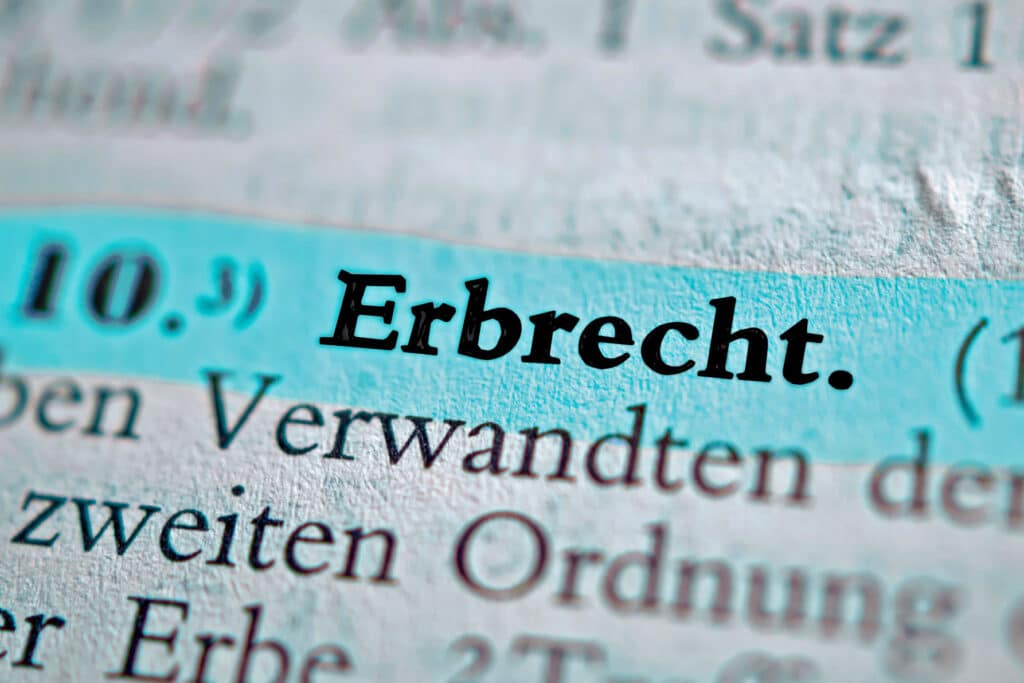The instrument of group taxation in the form of a consolidated tax group can be found both in income tax law and in VAT law and generally requires that the subsidiaries as controlled companies are financially, economically and organisationally integrated into the company of the parent company, the controlling company. In contrast to a consolidated tax group for income tax purposes, a profit and loss transfer agreement is not required for a consolidated tax group for VAT purposes. According to the previous legal situation in VAT law, partnerships could be the controlling company, but not be integrated into a tax group as a controlled company. This meant that within affiliated companies in a possibly multi-level partnership group, a typical structure in many medium-sized groups, services between these legal entities were generally subject to VAT.
According to the case law of the BFH and the ECJ, the general restriction that only legal entities (AG, GmbH) may be controlled companies is contrary to EU law. Consequently, in a letter dated 26 May 2017, the tax authorities tolerated partnerships as controlled companies in certain cases. Financial integration, which the tax authorities intended to apply extremely restrictively with the unanimity principle, is considered an important prerequisite. As a result, the VAT group is limited to cases in which the controlling company holds all shares in the controlled company. The transitional regulation, which was designed as an option, expired at the end of 2018.
What does this mean in practice?
If no measures have yet been taken in the previous year, the existing corporate structure should first be analysed to determine which partnerships must be assigned to a VAT group as controlled companies from 1 January 2019. In the event of changes to the group structure, for example due to the acquisition of shareholdings, newly founded companies, etc., it should be clarified in advance whether this will result in changes to the tax group. On the one hand, this has serious consequences for ongoing declaration work, which can be partially simplified because, for example, for a large number of legal entities, tax returns only have to be submitted for one company within the meaning of VAT law. VAT law. This may be offset by considerable additional work in monitoring the tax group and in reconciling VAT payments or refunds for the ultimately still legally independent tax group companies. Furthermore, there is a considerable need to monitor invoicing within the tax group. Here, VAT may no longer be invoiced for service relationships between the legal entities belonging to the tax group. It should be noted in particular that there may be restrictions on input tax deduction, as individual legal entities are no longer entitled to deduct input tax if invoicing within the group is incorrect.
By structuring the tax group, however, companies that are not authorised to deduct input tax, for example due to tax-exempt sales, can also enjoy considerable benefits if VAT is no longer incurred within an extended tax group.
The fiscal unity is therefore also subject to a fundamental change in the area of VAT. Your TAXGATE Team specialises in the tax optimisation of group structures and also offers fast and reliable expertise on income tax issues.







